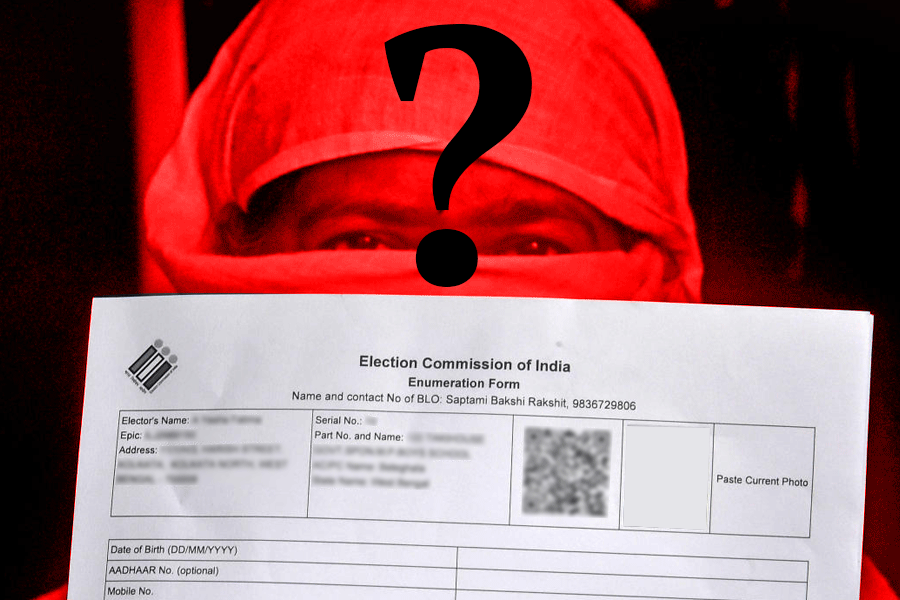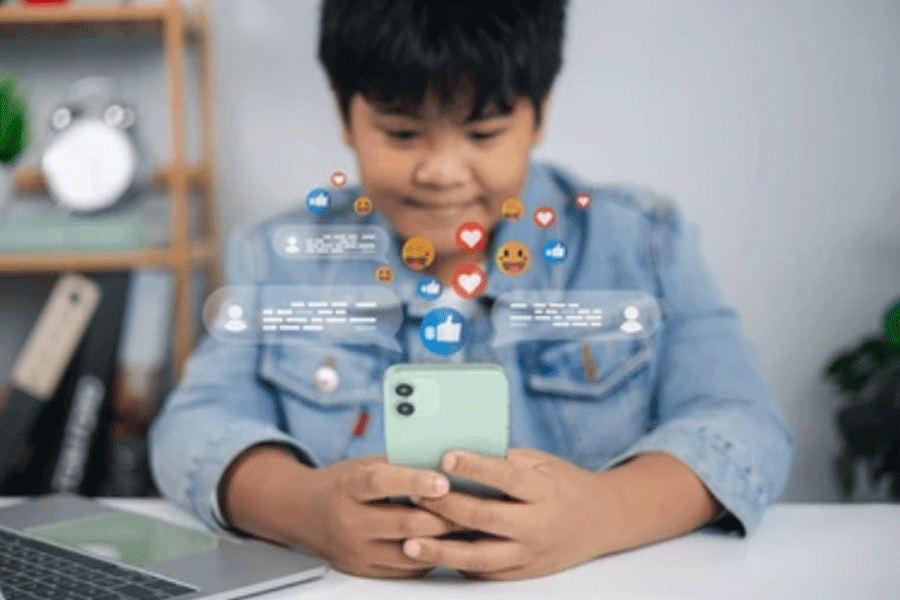Stuck in a conversation between a group of businessmen from France, a 26-year-old chartered accountant from Calcutta, wearing slightly thick black-rimmed specs, slides into the chit-chat after a quick command: “Hey Meta, start live translation”. Every sentence gets translated into English in real time through the speakers in the glasses.
It’s not a scene from a Mission: Impossible film; it’s Ray-Ban Meta glasses that are coming to India very soon.
The technology mirrors a broader ambition of Silicon Valley to shift computing away from smartphones and towards our faces.
Ray-Ban Meta glasses are already a trend among the youth in the US and the company feels the scope can be increased by expanding into more markets. Therefore, they have chosen Mexico, India and the UAE for the next push.
The next-generation Ray-Ban Meta glasses were launched in partnership with EssilorLuxottica in September 2023 following the launch of Ray-Ban Stories, Meta’s first-ever smart glasses, in 2021. Since then, there have been improvements on the side of Meta’s AI assistant, called Meta AI.
What looks like a stylish pair of shades is packed with technology, allowing users to send and receive direct messages, photos and audio and video calls from Instagram, besides making calls and sending messages through WhatsApp and Messenger as well as the native messaging app on iPhone or Android phone.
Anything with a camera brings in privacy concerns as well as the chance of
affecting our ability to focus. Besides holding conversations in English, French, Italian and Spanish (even without Wi-Fi or network connectivity, provided you’ve downloaded the language pack in advance), you can listen to music apps, including Apple Music, Spotify, Amazon Music and the song-identifying platform Shazam.
Coming soon to general availability in the US and Canada, users will be able to have a conversation with Meta AI through the glasses where the smart assistant “can see what you see continuously and converse with you more naturally”.
Not everyone wants to get photographed in public spaces. Though Meta hasn’t mentioned the privacy-focused features coming with the glasses in India, the previous versions have included a Capture LED light to indicate when the camera is recording and tamper-detection technology that gets activated if the LED is covered.
What about sneaky photos in the gym or the supermarket? Or recording a short clip in the movie theatre? These are unanswered questions. At the same time, Meta glasses could be good at capturing slice-of-life moments that one may not usually record because the hands would be preoccupied.
Apple already has a spatial computing headset called Vision Pro but those are expensive and heavy on the head. A new Bloomberg report mentions that glasses have become Apple’s bigger goal in the long run. But true augmented reality (AR) glasses are still years away because they require a variety of technologies to be perfected, including high-resolution displays, a high-performance chip and a tiny battery that could offer hours of power each day. What Meta is offering at the moment are non-AR glasses as the company moves towards AR spectacles.
Google Glass from a decade ago promised plenty, but production of the Google Glass Enterprise Edition stopped in 2023.










